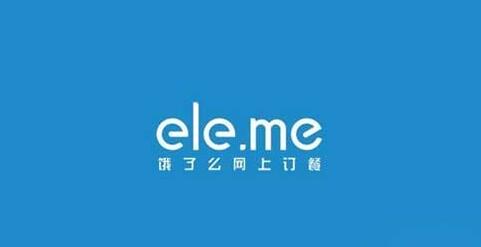The firm behind a popular mobile app for ordering food was left with a bitter taste after an annual consumer rights show on CCTV said it was working with dirty and unlicensed caterers.
在央視年度消費者權益大會上,無證黑店曝藏身網絡訂餐平臺“餓了嗎”。
Ele.me, a market-leading app that lets tens of millions of mobile device users around the country order food for delivery from a range of restaurants,
全國數千萬用戶通過“餓了嗎”訂餐,
was among a group of companies named and shamed for allegedly shoddy business practices by a CCTV program called "3.15 Gala" that airs every World Consumer Rights Day on March 15.
而在央視3·15消費者權益晚會上,“餓了嗎”卻被列入企業黑名單。
The state broadcaster's two-hour program this year included footage shot by undercover reporters who visited unsanitary and unlicensed kitchens making food for delivery.
在央視兩小時晚會上,播出了記者暗訪無證作坊的秘密視頻。
The CCTV show said Ele.me was cooperating with unlicensed caterers and allowing them to post fake photos of restaurants on its platform.
據央視報道,餓了么訂餐平臺與無照經營餐廳合作,允許餐廳上傳虛假照片。
The cards display fake addresses for eateries and photos of well-appointed but non-existent dining rooms.
經營許可地址為假,餐廳照片井井有條,但實則不存在。
The country's Food Safety Law says online food-ordering companies can work only with licensed restaurants.
據國家《食品安全法》規定,在線訂餐企業僅可以與許可經營餐廳合作。
The China Food and Drug Administration (CFDA) said on its website the day after the show aired that its branches in cities around the country would investigate and close any unlicensed restaurants they found.
就在此消息曝出的第二天,國家食品藥品監督管理總局在官網發出聲明,稱將在全國范圍內調查,并關閉所有無證餐廳。
The CFDA's branch in Shanghai, where Ele.me has its headquarters, also said it summoned the company's executives to a meeting,
因上海為“餓了嗎”總部所在地,上海市食藥監局稱已召集企業高管開會,
where they were fined 120,000 yuan for breaking the law.
企業也因違法遭12萬元處罰。
Zhang Xuhao, the firm's CEO, appeared on CCTV on March 17 to apologize.
3月17日,公司首席執行官張旭豪公開道歉。

Zhang said the company had set up a committee to make sure restaurants that listed on the app were safe,
稱公司已成立委員會,確保平臺餐館安全可靠,
and added that all eateries on the app would be checked for licenses.
稱所有平臺注冊餐廳都將進行許可證檢查。
Ele.me, founded in 2009, is backed by the Internet giants Alibaba and Tencent.
由阿里和騰訊投資的餓了么成立于2009年。
The service is available in 300 cities in China, the firm's website says,
目前在全國300座城市開展,據公司官網表示,
allowing some 40 million registered users to order food from nearly half a million businesses.
約4000萬注冊用戶可享受近50萬家餐廳訂餐服務。
The online food-ordering and delivery industry had revenue of 45 billion yuan in 2015, three times more than a year earlier.
2015年,線上訂餐和快遞服務業年收入450億美元,是2014年的三倍。
Ele.me had 33 percent of the market, just ahead of Meituan, which also specializes in group purchases.
餓了么占市場份額的33%,緊隨其后的是團購平臺美團。
Food-ordering companies in the country have come under scrutiny.
全國訂餐企業正在遭受嚴格檢查。
In November, officials in the southern city of Shenzhen said they found that four firms, including Ele.me and Meituan,
去年11月,深圳官方表示,包括餓了么和美團在內的
were not requiring restaurants to show they had licenses when they registered on the their platforms.
四家企業并未要求商家在平臺出示許可證。
Large domestic and foreign businesses in China live in fear they will be targeted by CCTV's annual show, which state media says protects the rights of consumers.
為保護消費者權益,中外企業害怕成為央視年度大會的攻擊目標。
The criticism usually spurs companies to apologize and present ways to remedy the problems, such as in 2013 when Apple said it would improve its after-sales service in China.
批判之聲往往會引發道歉及補救措施,例如2013年蘋果稱將改善中國售后服務質量。












